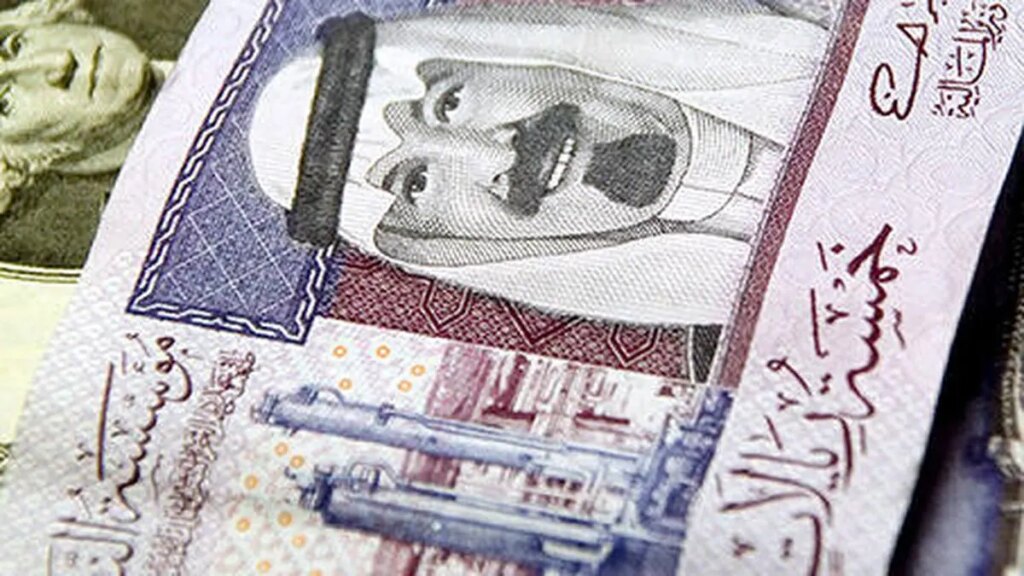
It also manages part of the sprawling web of contractors tasked with bringing the kingdom’s gigantic development projects to life, and works to line up financing and keep spending in check
| Photo Credit:
CHARLES CROWELL
As Saudi Arabia spends trillions of dollars to reshape its economy, a little-known investment group overseen by the crown prince’s brother is emerging as a key power broker.
Tharawat Holding Co., run by Prince Turki bin Salman, has taken on a role as a gatekeeper for foreign companies seeking to do business in Saudi Arabia. It complements the kingdom’s powerful wealth fund, which remains the main entity driving de facto ruler Mohammed bin Salman’s Vision 2030 program.
The firm derives its name from the Arabic word for treasure or wealth, and insiders say it oversees a web of assets worth at least $250 billion. Tharawat helps direct foreign investment flows into sectors like infrastructure, mining, defense and telecommunications, according to more than half a dozen people familiar with its operations.
It also manages part of the sprawling web of contractors tasked with bringing the kingdom’s gigantic development projects to life, and works to line up financing and keep spending in check, the people said.
That last role is particularly crucial for the kingdom, whose plans to diversify are likely to cost it close to $2 trillion. Those investment outlays, most notably for a new city called Neom, and persistently low oil prices have pushed the country into a widening budget deficit.
Neom had been pegged at $500 billion when it was unveiled in 2017, but latest estimates suggest it could cost over $1.5 trillion if completed. Against that backdrop, Tharawat plays a crucial role described by some as a complementary force to the $1 trillion Public Investment Fund.
Case in point: A few years ago, a construction company had to drop its prices for work at Neom after an entity backed by Tharawat came in with a lower bid, people familiar with the matter said. That shaved hundreds of millions of dollars from the kingdom’s eventual outlay. Recently, another firm looking to set up a plant in Neom was asked to meet with Tharawat for vetting.
Representatives for Tharawat didn’t respond to requests for comment.
The firm operates from a building in Riyadh located close to one of the kingdom’s planned giga-projects, which is set to feature a cube-shaped skyscraper big enough to fit 20 Empire State Buildings.
It’s one of a handful of entities in the Middle East with links to prominent ruling families, at least three of which — including Riyadh’s Al Saud clan and the Al Nahyans in Abu Dhabi — rank among the world’s wealthiest.
The United Arab Emirates is home to National Security Adviser Sheikh Tahnoon bin Zayed’s Royal Group, President Sheikh Mohamed bin Zayed’s AC Limited and their mother Sheikha Fatima bint Mubarak Al Ketbi’s Abu Dhabi Capital Group.
Royal Group — a sprawling $300 billion entity with interests ranging from artificial intelligence to finance, and at the heart of Sheikh Tahnoon’s $1.5 trillion empire — also shapes sectors aligned with national priorities, like Tharawat.
Prince Turki, who’s in his 30s and was previously chairman of state-owned media conglomerate Saudi Research & Marketing Group, has helmed Tharawat for just over a decade. The firm has now grown to about 100 employees and Ammer Alselham, once a mid-level official at Saudi Arabia’s Capital Market Authority, has been its chief executive officer since 2011.
Access to both executives is tightly controlled.
Recently, a scion and a top executive from two major conglomerates were denied an audience with Alselham. Despite representing firms with deep regional ties and substantial capital, the firms were told no meetings would be granted unless their billionaire founders themselves made the request and showed up in person.
The message was clear: Only the top tier gets a seat at the table and even then, on Tharawat’s terms.
A few deals hint at Tharawat’s importance to the kingdom. Its 2014 acquisition of Quantum Investment Bank helped lay the groundwork for cross-border financial transactions that would later facilitate deals such as the purchase of 50 Airbus SE aircraft for the national carrier Saudia.
At home, Tharawat collaborates with a small network of domestic companies to bring in “high-end quality products and services” across sectors including construction, education, aquaculture and natural resources. It’s also been scouting for niche technologies it can localize and bring into the kingdom.
In many cases, the final sign-off, regardless of size or sector, rests with Prince Turki himself.
–With assistance from Christine Burke.
More stories like this are available on bloomberg.com
©2025 Bloomberg L.P.
Published on July 10, 2025

